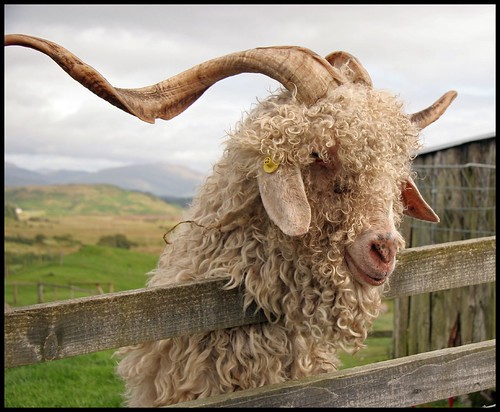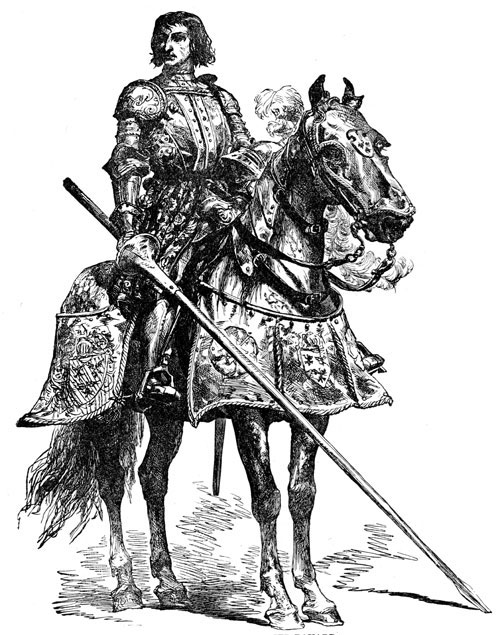This word dates to the late 13th century as "to condemn" from Old French damner ("damn, condemn; convict, blame; injure"). Damner derives from Latin damnare ("to adjudge guilty; to doom; to condemn, blame, reject") from damnum ("damage, hurt, harm; loss, injury; a fine, penalty") which is possibly an ancient religious term evolved from Proto-Indo-European *dap- ("to apportion in exchange"). It has likely been an expletive for as long (or longer than) it's been a word with theological and legal meanings. But, like most expletives, it wasn't used in print so it's hard to trace.
Damn is part of one of the most famous movie lines of all time. In the movie 'Gone With the Wind,' Rhett Butler famously delivers the line, "Frankly, my dear, I don't give a damn" as he walks out on Scarlett at the end. At the time, using damn in film and radio was a big no-no, so the studio had to do a lot of petitioning to get the word in and the line was considered a breakthrough moment. Another (more important) breakthrough credited to 'Gone With the Wind' is the first Oscar ever awarded to an African American, which happened on this day in 1940. The movie cleaned up the Oscars that year, kind of like Adele at this year's Grammys. One of their eight Oscars was Best Supporting Actress, awarded to Hattie McDaniel for her portrayal of 'Mammy.'
 | |||
| Hattie McDaniel (source) |










